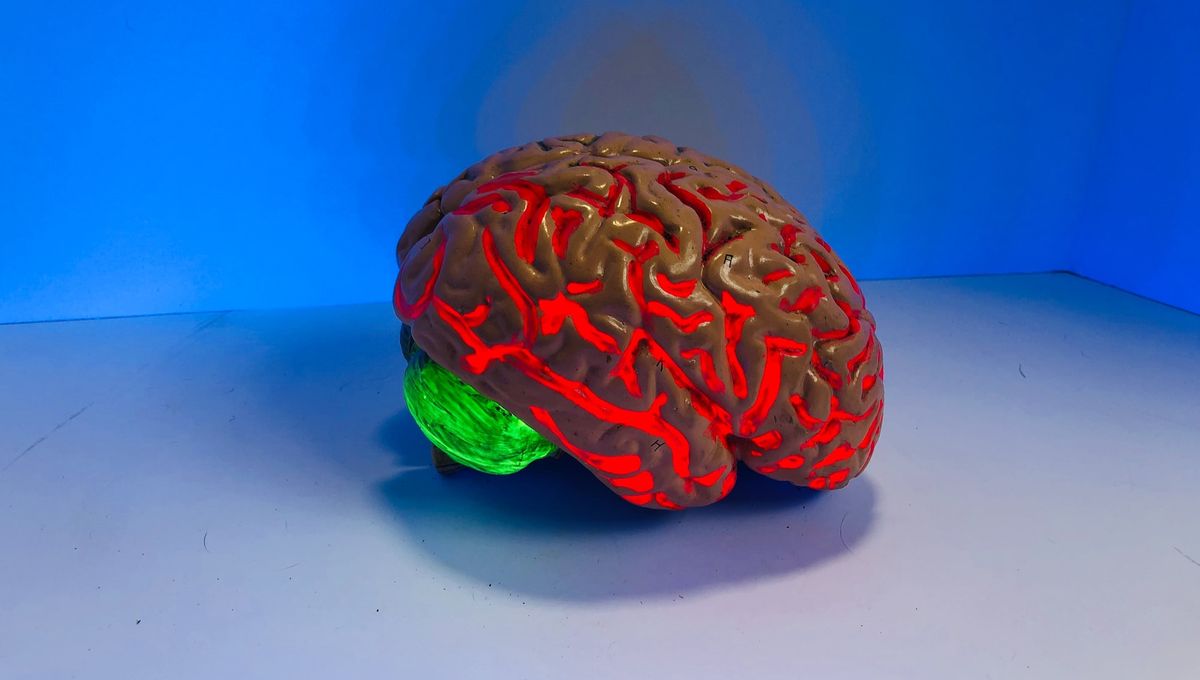
Depression is a difficult illness. Not only does it make you feel like crap, but like so many primarily mental illnesses, it also comes with a bucketful of misinformation and misconceptions surrounding it. Even medical specialists, whom you’d expect to be the authorities on the matter, are stumped by some aspects of the disease – the truth is, while humanity may be more informed than ever on matters of the brain, we still really don’t know what’s going on inside of it when it glitches like this.
But that may soon change. Researchers based at Baylor College of Medicine in Houston, Texas, claim to have developed what they call a “mood decoder” – a way of reading people’s emotional state just from looking at brain activity.
“This is the first demonstration of successful and consistent mood decoding of humans in these brain regions,” Baylor College neurosurgeon and project lead Sameer Sheth told MIT Technology Review. And the best part? The team have also found a way to stimulate a positive mood in patients’ brains.
“[The team] hit a spot and I said: ‘I actually feel back online,’” trial patient “John” told the Review. “Depression is like a constant weight on your soul. When they touched that perfect little spot, that weight lifted.”
It’s a description that belies the project’s complexity: that “little spot” was in fact a region inside John’s brain, into which the team had implanted half a dozen electrodes. It’s a treatment based on DBS, or deep brain stimulation – a procedure involving delivering pulses of electricity directly to specific regions of the brain.
DBS has already seen success in the treatment of things like Parkinson’s disease or epilepsy – disorders that are somewhat localized to specific areas of the brain. But its applicability to depression was more debatable: “We don’t know how to deliver DBS intelligently to any given individual [with depression],” Sheth explained. “This is just a very immature therapy.”
Even in this ongoing study, only five people have so far been recruited: John himself, plus four others, all with severe, treatment-resistant depression. And that small sample size is by design – the team plan to study just 12 people in total.
“We’re hoping that there are some generalizable findings that we get out of this,” Sheth said. But extending the study much wider would be an exercise in diminishing returns, the team believes: after all, the procedure is expensive, invasive, and risky, and can provide an insight into individual cases of depression only.
Nevertheless, the team have already found some striking results. With brain recordings from only three volunteers so far, the project has already revealed activity in the brain region known as the cingulate cortex that seems to be linked to high or low mood in the patients.
“The strength of the correlations suggested that depression severity may be reliably predicted from spectral features,” the team reported, presenting their findings at the Society for Neuroscience’s annual meeting in San Diego in November.
“We found that unique, individual-specific sets of spatio-spectral features were predictive of symptom severity, reflecting the heterogeneous nature of depression,” they added. “The ability to decode depression severity from neural activity increases our fundamental understanding of the neurophysiological basis of depression and provides a target neural signature for personalized neuromodulation therapies.”
But as encouraging as these results are, it’s important not to get carried away in all the excitement. “It’s only three patients,” psychiatrist Darin Dougherty told the Review.
That said, Sheth’s research is “essential,” added Dougherty, who specializes in neurosurgery for depression at Mass General Research Institute in Boston. “Hopefully they can get enough data from a small group of people so that we can move away from [implanting multiple temporary electrodes].”
Source Link: Researchers Can See Depression In A Brain Scan - And Treat It